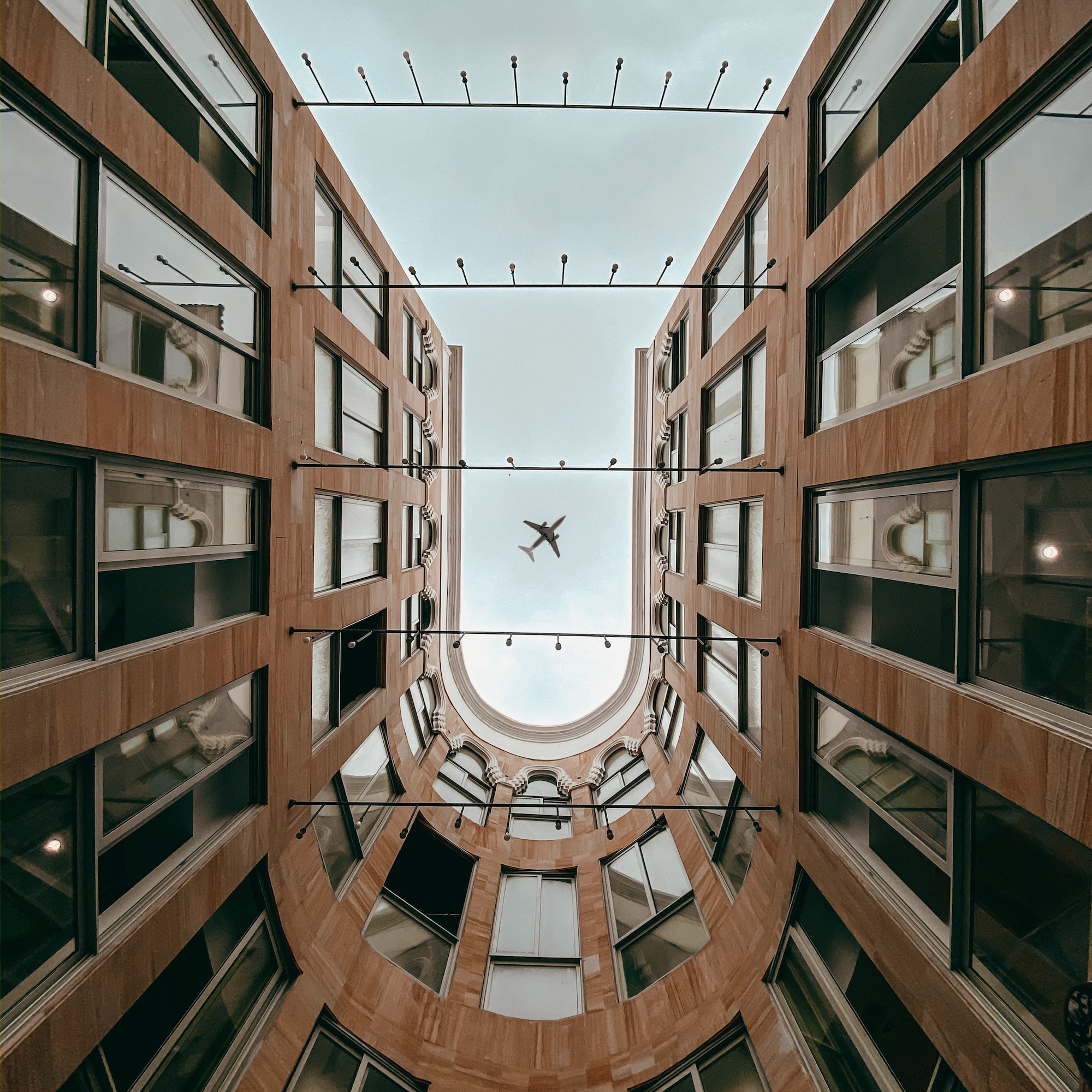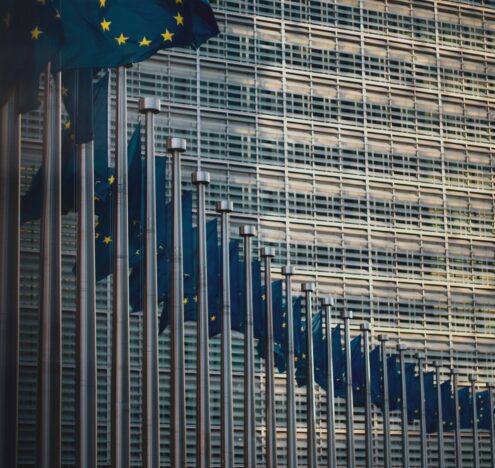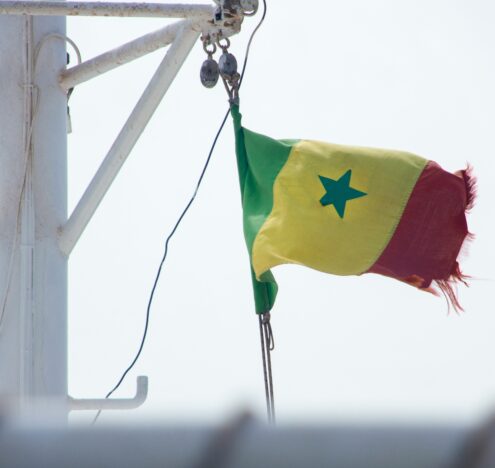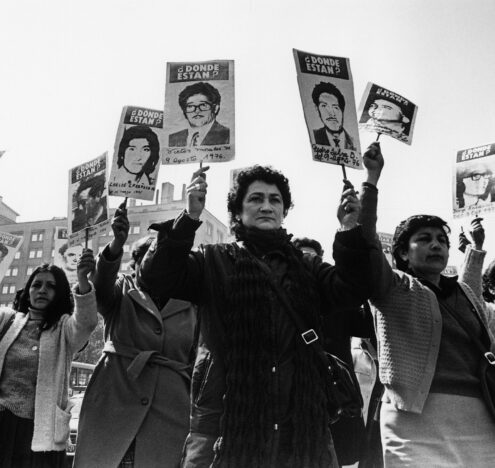For the past few decades, the Persian Gulf has lurched from crisis to crisis, interrupted by occasional periods of uneasy calm. However, a convergence of factors over the preceding months and the COVID-19 crisis might offer a new path forward toward a sustainable framework for regional dialogue and compromise.
Amid the COVID crisis, the reaction of GCC states to Iran’s deadly outbreak of the disease may provide an opening for greater things. The UAE in particular, which supported President Trump’s harsh sanctions campaign against Iran, sent a plane on March 16th carrying over 32 tons of medical equipment, the second time since the pandemic began. A spokeswoman for the UAE, Reem bint Ibrahim Al Hashimy, said in a statement that, “the leadership and people stand shoulder to shoulder with nations in their time of need.” In a response on Twitter, Seyed Abbas Mousavi, Iran’s Foreign Ministry spokesman said, “my country is sincerely thankful for these humanitarian efforts and will never forget the way they stood with Iran in hard times.”
The UAE was joined by other GCC countries in sending aid, with Qatar sending two shipments of medical equipment, facemasks, sterilizers, disinfectant, and other humanitarian goods amounting to thirteen tons of supplies to the beleaguered country. On April 22nd, Kuwaiti Emir Sheikh Sabah Al-Sabah said in a call with Iranian President Hassan Rouhani concerning the fight against coronavirus that, “we are brothers and should stand alongside each other.” Earlier, Kuwait’s foreign minister offered Iran $10 million to combat the virus.
However, these signs of goodwill simply accelerated an existing trend toward normalization with Iran that predated the COVID crisis. In July 2019, an Emirati delegation visited Tehran to discuss maritime security. That October, Iranian President Hassan Rouhani said, “Tehran-Emirates relations [have] been better in recent months than ever before.” In the same month, the UAE released $700 million of Iran’s frozen assets.
Even Saudia Arabia, Iran’s chief rival in the region, has shown signs that it is willing to reduce tensions. Following the attacks on the Abqaiq oil fields in September 2019, representatives from the two countries exchanged messages directly and indirectly through multiple intermediaries, including through Oman, Kuwait and Pakistan. One Saudi official went so far as to say that, “the Sept. 14 attack was a game-changer,” in altering the Kingdom’s national security calculus.
One Saudi official went so far as to say that, “the Sept. 14 attack was a game-changer,” in altering the Kingdom’s national security calculus.
Following the killing of Iranian General Qassem Soleimani, Iraq’s former Prime Minister Adil Abdul-Mahdi suggested in a session of Parliament that Soleimani was carrying Iran’s response to an Iraq-sponsored backchannel conversation with Saudia Arabia when he was killed. These discussions now seem dormant, especially after Soleimani’s death and the outbreak of the coronavirus, but the fundamentals for a strategic shift toward dialogue remain constant.
Crucially, the US’ unwillingness to come to the Kingdom’s aid following the Abqaiq attack seems to have accelerated this shift. These anxieties will only grow after President Trump announced that the US removed troops and Patriot defense missiles batteries from the Kingdom after deploying them to bolster Saudi defenses following the Abqaiq strike. US officials said the shift came following an assessment of Iran’s reduced threat in the area. The withdrawal also comes after President Trump reportedly threatened as much if the Kingdom did not cut production amid an oil price crash. However, the mere fact Trump would use US protection against Iran as leverage is a sign of the falling priority of the Kingdom’s security to US interests.
In many ways, however, the US has not completely divorced itself from the Gulf. It still hosts military bases in the UAE, Qatar, Bahrain, and Saudia Arabia and boasts a robust military relationship through training programs and joint operations. Moreover, despite condemnations from Congress who have attempted to end arms sales to the Kingdom and the UAE, the Trump administration recently announced an $8 billion arms deal with the two countries, in keeping with the transactional nature of these partnerships. But while some pillars remain, others, namely the sentiment of Congress and the broader regional strategy, have perforated at the seams, making the long-term efficacy of the relationship less durable. Over the past year, Iran has pursued a dogged campaign promoting their Hormuz Peace Endeavour, a regional security framework they consider to be a viable off-ramp to tensions and a bridge to connect with their Arab neighbors. Their offers of reconciliation continue even during the current crisis, with Iran’s Foreign Ministry Spokesman Abbas Mousavi saying on May 18th that, “Iran had already announced that it looks for dialogue with Saudi Arabia, with or without a mediator…Iran’s arms are open.”
While some GCC countries remain open to the initiative, Saudi and UAE officials have taken these Iranian efforts less seriously. For them, Iran is most involved in the region’s conflicts and so cannot have control over whatever regional framework is to arise. The Hormuz Peace Endeavour is constructive on its face but, given that it is a structure presented by Iran, officials of the Kingdom and the UAE don’t see the plan as legitimate. Similarly, Iran is unlikely to join a regional framework based on a plan submitted by Saudi Arabia, for fears that it would have greater power over the institution.
Moreover, the UAE and Saudi Arabia are fearful of Washington’s ire should their outreach efforts with Tehran contradict the Trump administration’s “maximum pressure” campaign. The Trump administration’s Iran policy has centered on imposing maximum costs on Iran and its people in hopes that they will be forced to negotiate a new deal. If their Arab partners, especially the Kingdom, were seen undermining this strategy, they run the risk of damaging an already fractured relationship. As one Saudi official put it, “we cannot afford there being any daylight with Washington and for that reason, we will support maximum pressure and avoid any official engagement with Iran.”
Saudi Arabia’s hesitancy to engage in talks with Tehran also stems from a perceived power imbalance between the two countries. Iran, seizing upon the instability caused by the 2003 Iraq invasion, the Arab Spring, and the rise of ISIS, has expanded its influence in Iraq, Syria, Yemen, Lebanon, and Afghanistan. Moreover, the attack on Saudi oil fields in 2019 displayed the Kingdom’s vulnerability to Iranian aggression, even with US missile batteries on the lookout. Given their weaker hand, the Saudis likely would be loath to enter into a negotiation with Iran without increasing their leverage or recouping the lost protection from the US.
Given the various concerns, an honest broker facilitating discussions and dialogue might be the most likely medium for these efforts to succeed. The most likely candidates include countries like Oman, Iraq, or Pakistan. Oman, with its history of facilitating delicate negotiations, can be a neutral party in convening these dialogues without having much to gain besides a more secure region. Iraq and Pakistan should also be candidates given the latter’s efforts to bridge the divide and the former’s unique role as the bridge between the region’s Sunni and Shia communities. In what seemed like a nod to a regional architecture, Iraq’s new Prime Minister Mustafa al-Kadhimi recently called for an, “integrated system of common and shared interests … to contribute effectively to resolving regional and international crises.”
While a third-party arbiter might assuage regional concerns, it does little to alter calculus in Washington. With GCC states still wedded to the United States’ security guarantee, a regional framework stands little chance without at least a tacit nod from the sitting US administration. But with the region grappling with the coronavirus fallout, oil markets in turmoil, American elections on the horizon and the very foundations of the US – Saudi partnership in question, now might be the time for relevant parties to chart a new, bold path and put a decades-old rivalry between Iran and its Arab neighbors onto a more mutually beneficial course.
Shervin Ghaffari is a Policy Analyst with the National Iranian American Council (NIAC) and holds an MA from Johns Hopkins School of Advanced International Studies (SAIS) with a focus in the Middle East and International Economics.





















